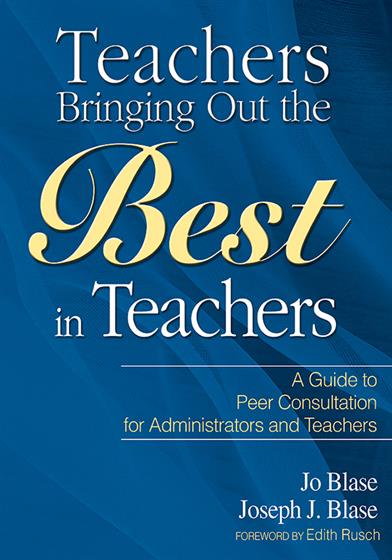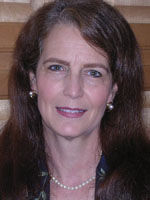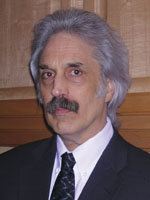Hands-on, Practical Guidance for Educators
From math,
literacy, science, equity, multilingual learners, and SEL, to assessment, school counseling,
and education leadership, our books are research-based and authored by experts
on topics most relevant to what educators are facing today.

Teachers Bringing Out the Best in Teachers
Foreword by Edith Rusch
Boost teacher-to-teacher collaboration and learning as a means of informal, but powerful professional development!
Based on a unique investigative study of nearly 300 teachers, this excellent resource provides perspectives and examples on informal, naturally occurring, teacher-to-teacher professional growth moments. School leaders will learn what teacher peer "consultants" actually do that leads to improved teacher confidence and motivation, enhanced trust and mutual respect, and reflective instructional behavior. You'll learn how to promote a culture that encourages this organic professional development. The authors identify five teacher behaviors that can positively influence morale and teaching skills:
- Building healthy relationships by communicating and developing trust
- Using the five guiding principles for structuring learning experiences
- Planning and organizing for learning
- Showing and sharing
- Guiding for classroom management
- Grade Level: PreK-12
- ISBN: 9781412925969
- Published By: Corwin
- Year: 2006
- Page Count: 168
- Publication date: July 20, 2006



